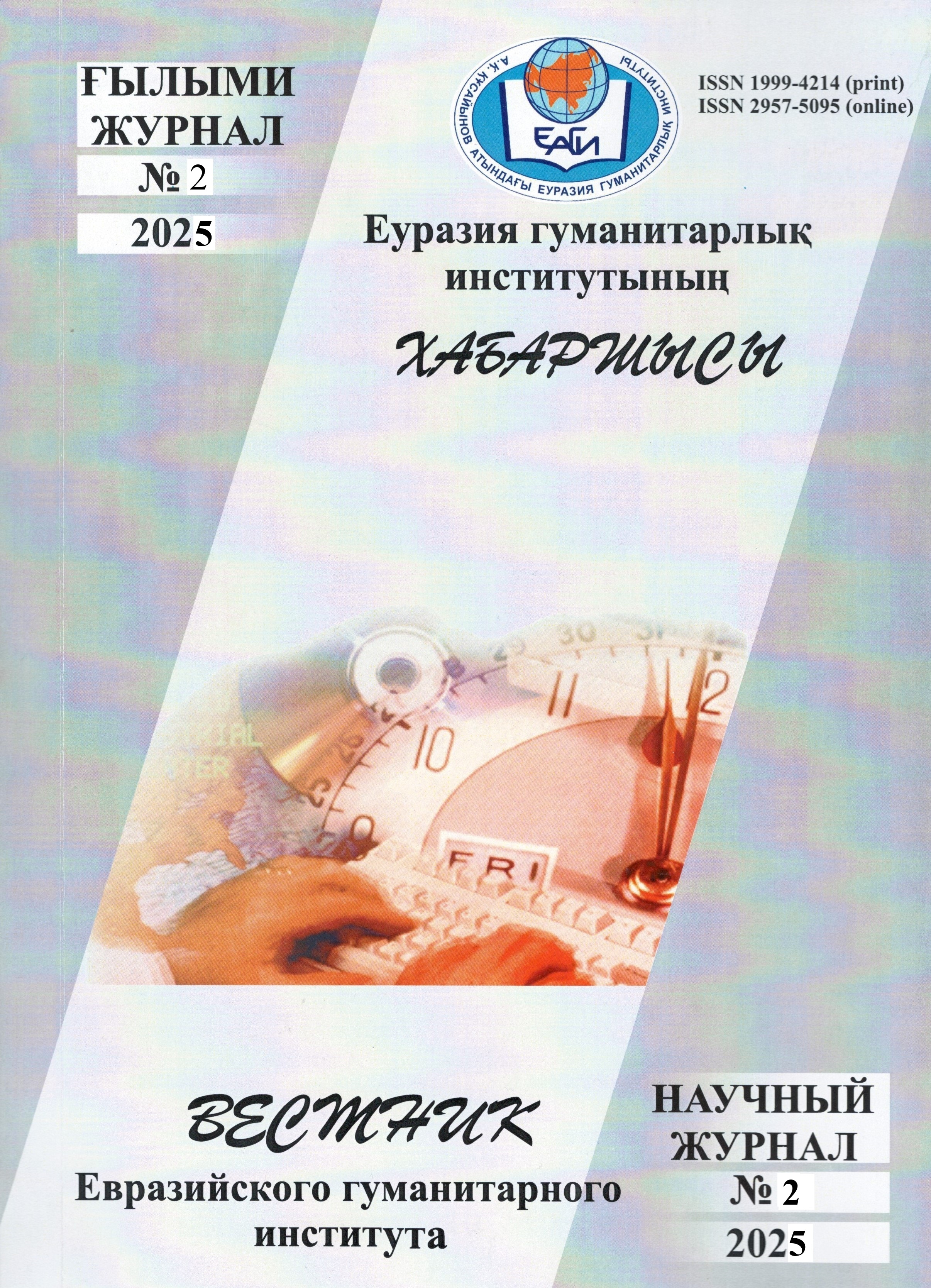COMPARATIVE ANALYSIS OF POLITICAL AND DIPLOMATIC DISCOURSE
DOI:
https://doi.org/10.55808/1999-4214.2025-2.06Keywords:
discourse, political discourse, diplomatic discourse, agents, communication, politicians, diplomats.Abstract
The article examines the key differences and similarities between political and diplomatic discourses, their goals, functions, as well as linguistic features. Particular emphasis is placed on the analysis of lexical and grammatical means used in both discourses and their role in achieving communicative goals. Political discourse is oriented towards a mass audience and is aimed at attracting support and shaping public opinion. In contrast, diplomatic discourse is characterized by restraint, neutrality and a desire to find compromises in interstate interactions. Diplomatic and political discourse have many intersections, and they complement each other, but their communicative acts and goals differ a lot. The differences and similarities considered allows to gain a deeper understanding of the mechanisms of communication in these areas and their impact on public perception and international relations. The study employs methods of content analysis, discourse analysis, comparative analysis and lingua-stylistic analysis. The results reveal the main stylistic features and communicative functions of each type of discourse. The obtained results allow us to deepen our understanding of the essence and role of political and diplomatic discourses in modern society, and they can also be useful for specialists in the field of political linguistics, international relations, intercultural communication and translation.


